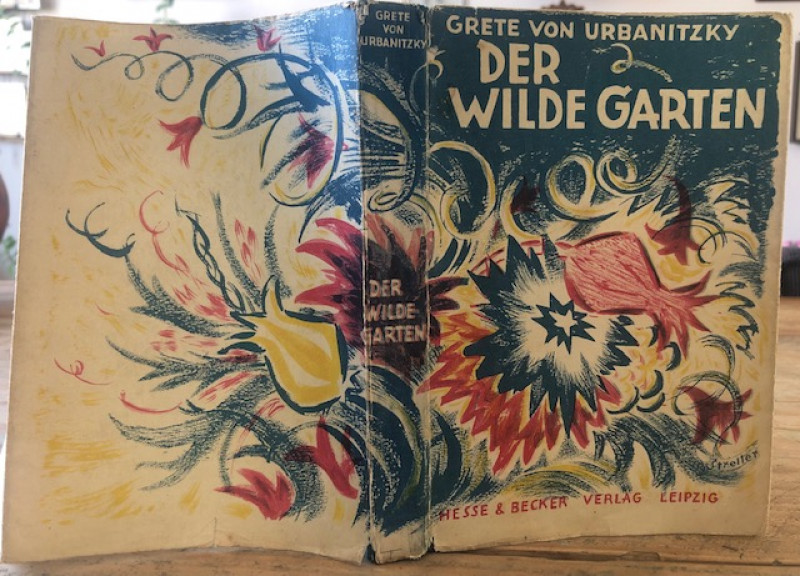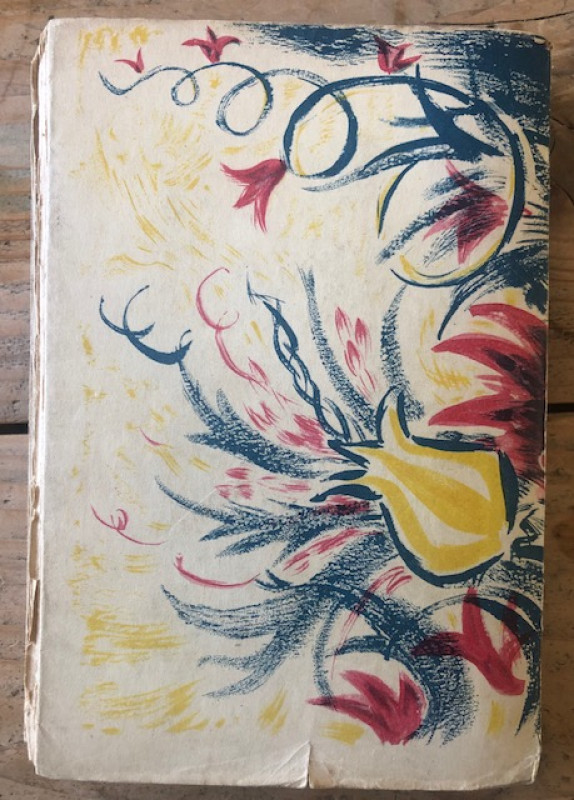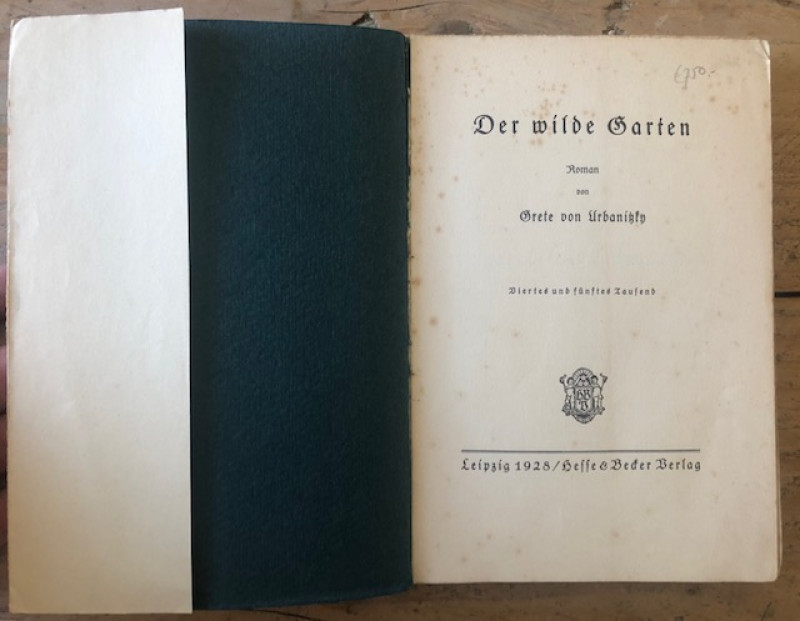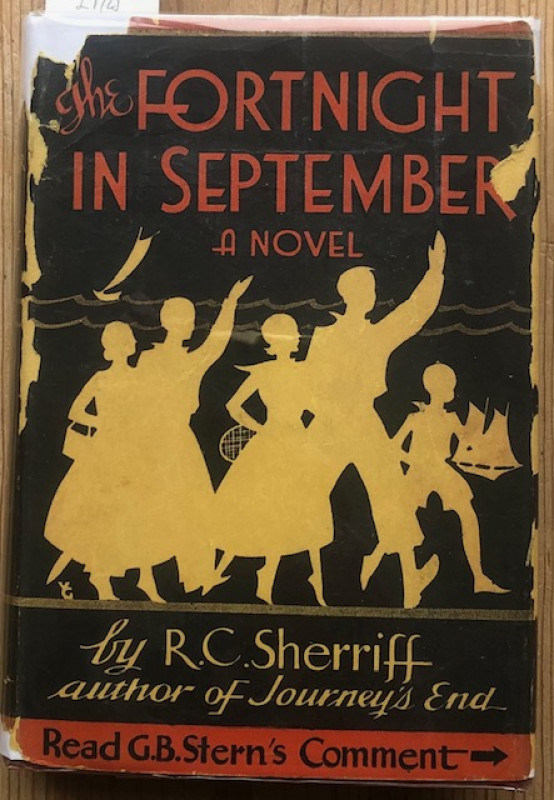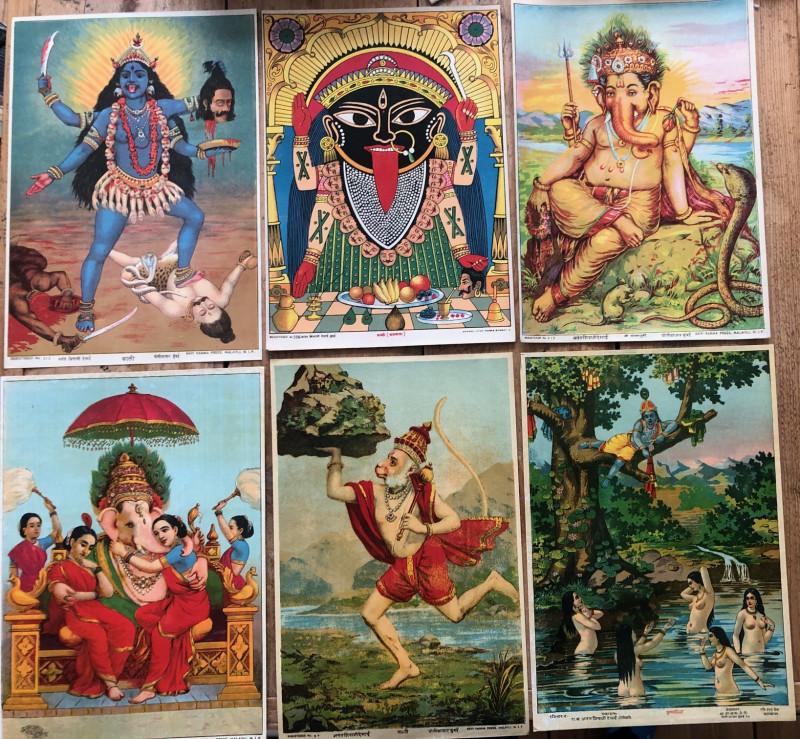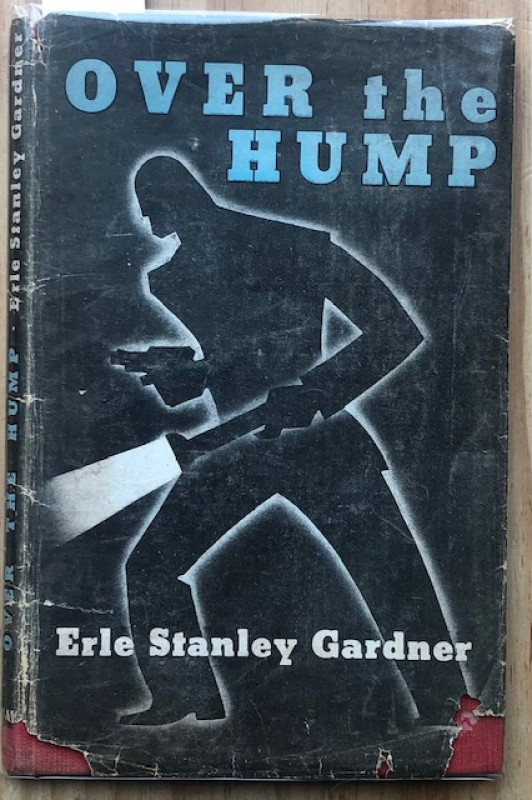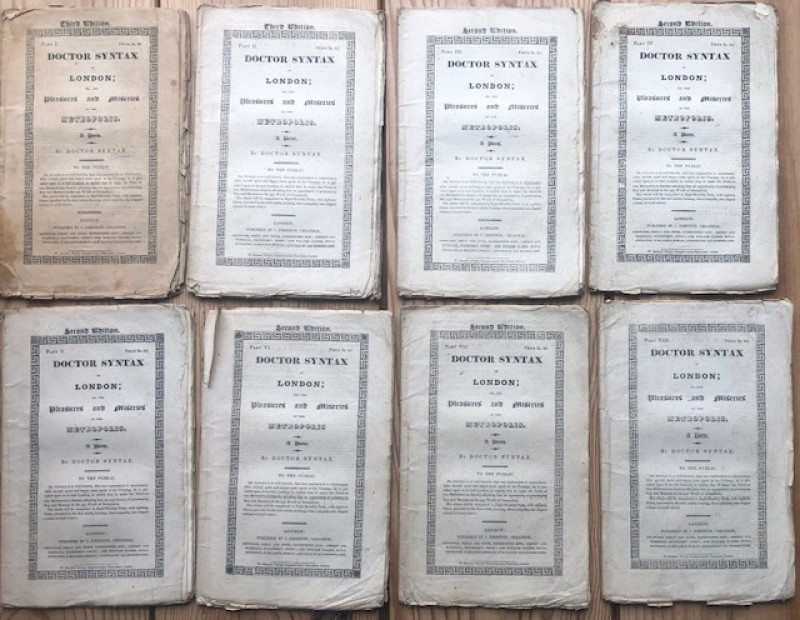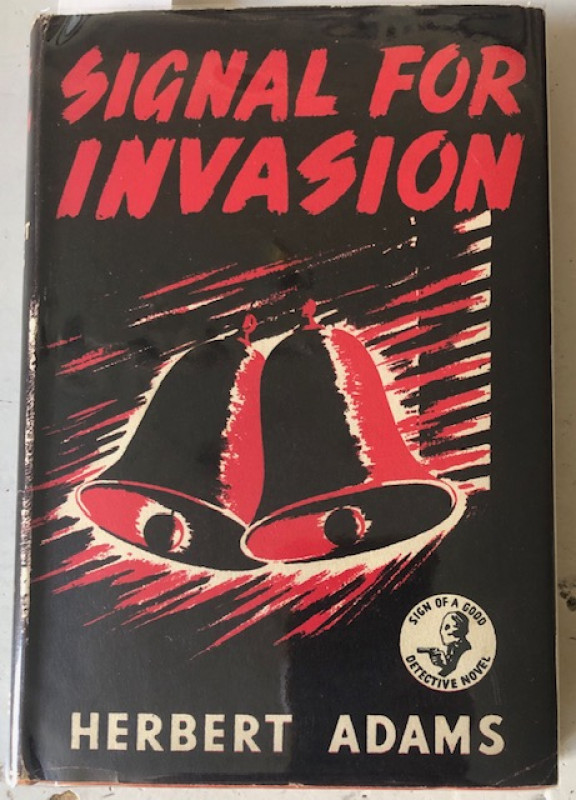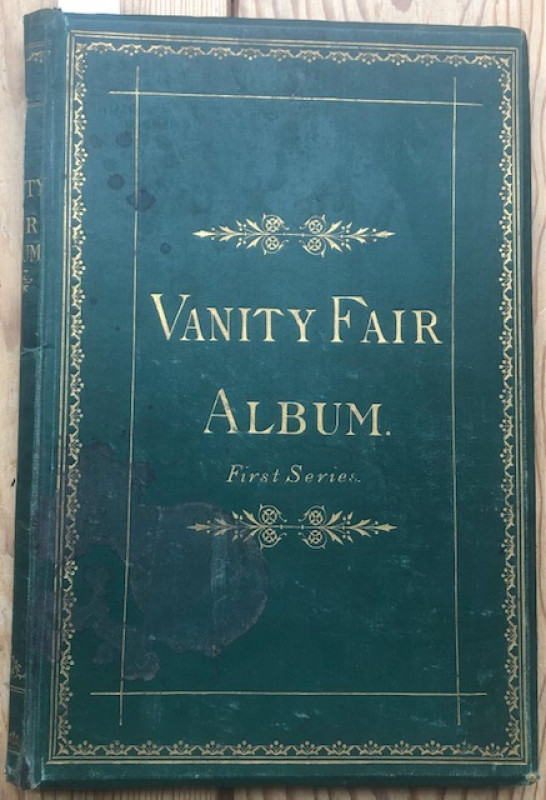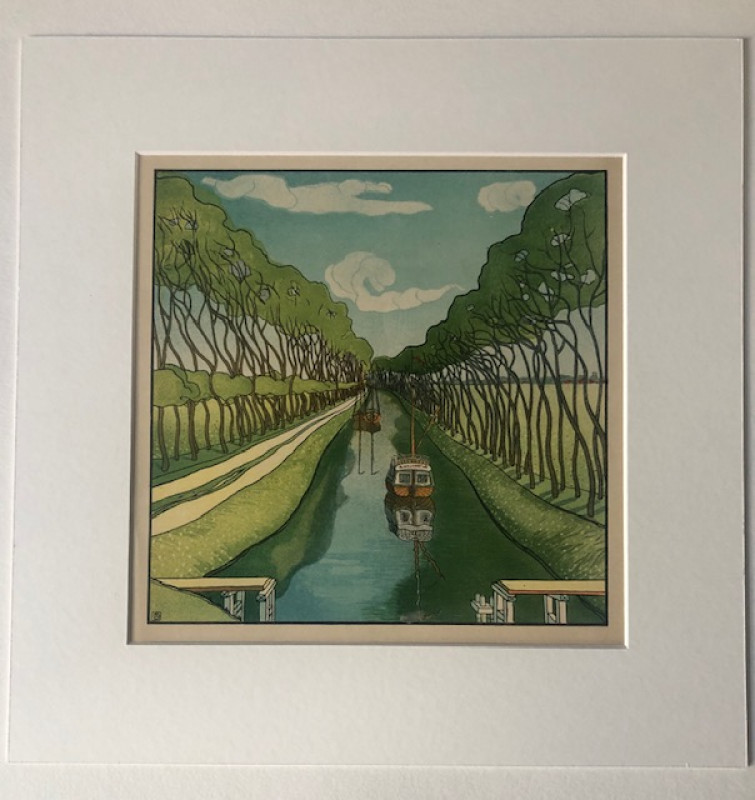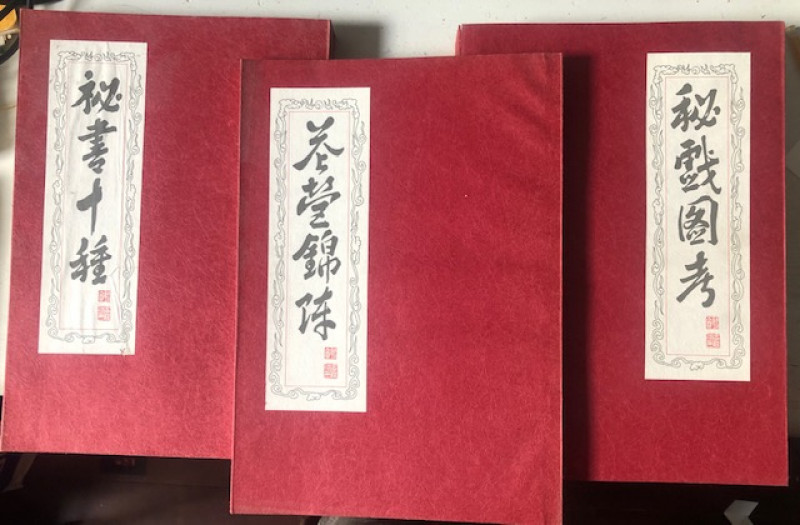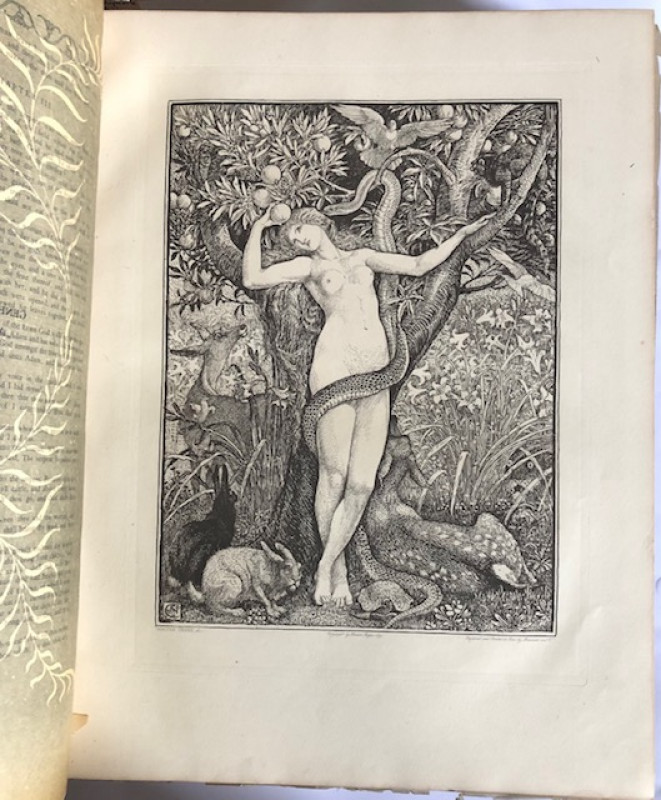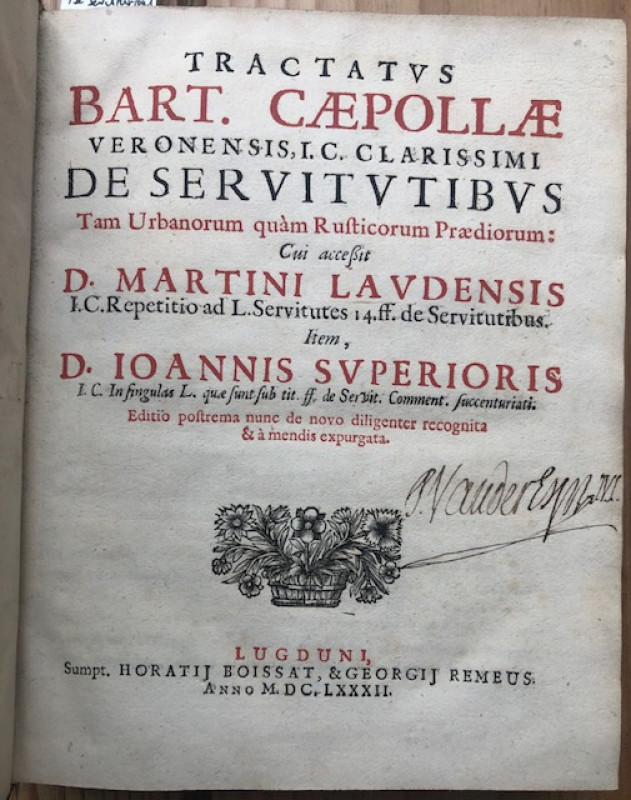Der wilde Garten. Viertes - Funftes Tausend (1928). [Extremely rare banned lesbian novel in its original expressive dustjacket]
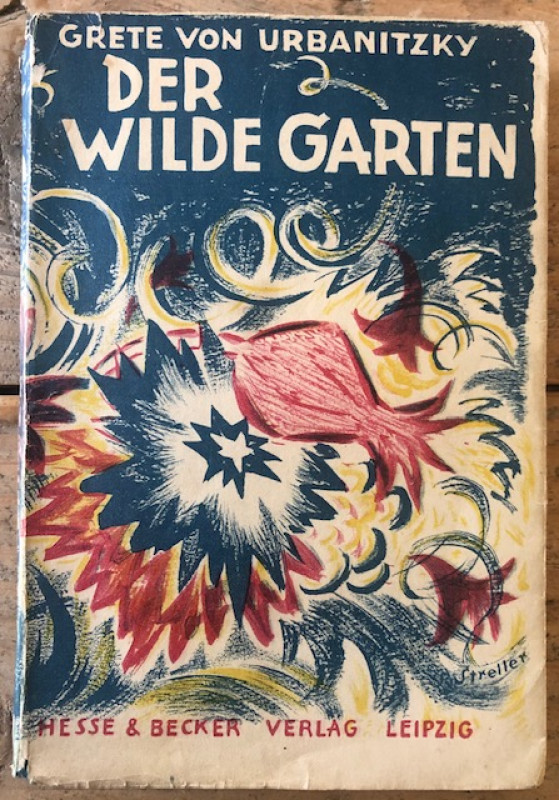



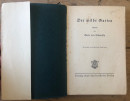
Book Description
[Lesbianism]. Urbanitzky, Grete von (1891-1974). Der wilde Garten. Viertes - Funftes Tausend (1928). [Extremely rare banned lesbian novel in its original expressive dustjacket].
Leipzig, Hesse & Becker, 1928, Viertes und Fünftes Tausend, 3-289,(2) pag., original wrappers illustrated (front-, spine and backwrapper) by Streller, untrimmed, 19,8 x 13,4 cm.
Dealer Notes
= A very rare and quite well-preserved copy of Der Wilde Garten by the Austrian Grete von Urbanitzky. The novel was one of the first lesbian novels written by a woman worldwide. It was banned in 1934 and this particular edition, the 4th-5th thousand, was burned by the National Socialist regime mainly because of its homosexual content.
Urbanitzky's novels were primarily concerned with the position of women and artists in society and the public domain of the time, and addressed female homosexuality as well as criticism of the existing bourgeois sexual morality. Despite her liberal ideas regarding sexuality and existing friendships with Jewish writers such as Felix Salten, Nelly Sachs and Gertrud Isolani, Grete von Urbanitzky's political views were deeply nationalistic. She lived in Berlin from 1933, showed solidarity with German nationalist writers, refused to condemn the burning of books by the National Socialists at the PEN congress in Ragusa and, not least as a result, initiated the split of the Austrian P. E.N. Club, of which she was the first General Secretary.
Her works were indexed in Germany as early as 1934, and her complete works were banned in 1941, including the lesbian novel Der wilde Garten (1927).
Urbanitzky's novels were primarily concerned with the position of women and artists in society and the public domain of the time, and addressed female homosexuality as well as criticism of the existing bourgeois sexual morality. Despite her liberal ideas regarding sexuality and existing friendships with Jewish writers such as Felix Salten, Nelly Sachs and Gertrud Isolani, Grete von Urbanitzky's political views were deeply nationalistic. She lived in Berlin from 1933, showed solidarity with German nationalist writers, refused to condemn the burning of books by the National Socialists at the PEN congress in Ragusa and, not least as a result, initiated the split of the Austrian P. E.N. Club, of which she was the first General Secretary.
Her works were indexed in Germany as early as 1934, and her complete works were banned in 1941, including the lesbian novel Der wilde Garten (1927).
Author
[Lesbianism]. Urbanitzky, Grete von (1891-1974)
Date
1928
Binding
original wrappers illustrated (front-, spine and backwrapper) by Streller, untrimmed, 19,8 x 13,4 cm.
Publisher
Hesse & Becker
Condition
Lacks the French title (first leaf; title-page is the first page, numbered "3").
Pages
3-289,(2) pag.
Price: £650.00
Offered by Fahrenheit 451 Antiquarian Booksellers
Friends of the PBFA
For £10 get free entry to our fairs, updates from the PBFA and more.
Please email info@pbfa.org for more information
